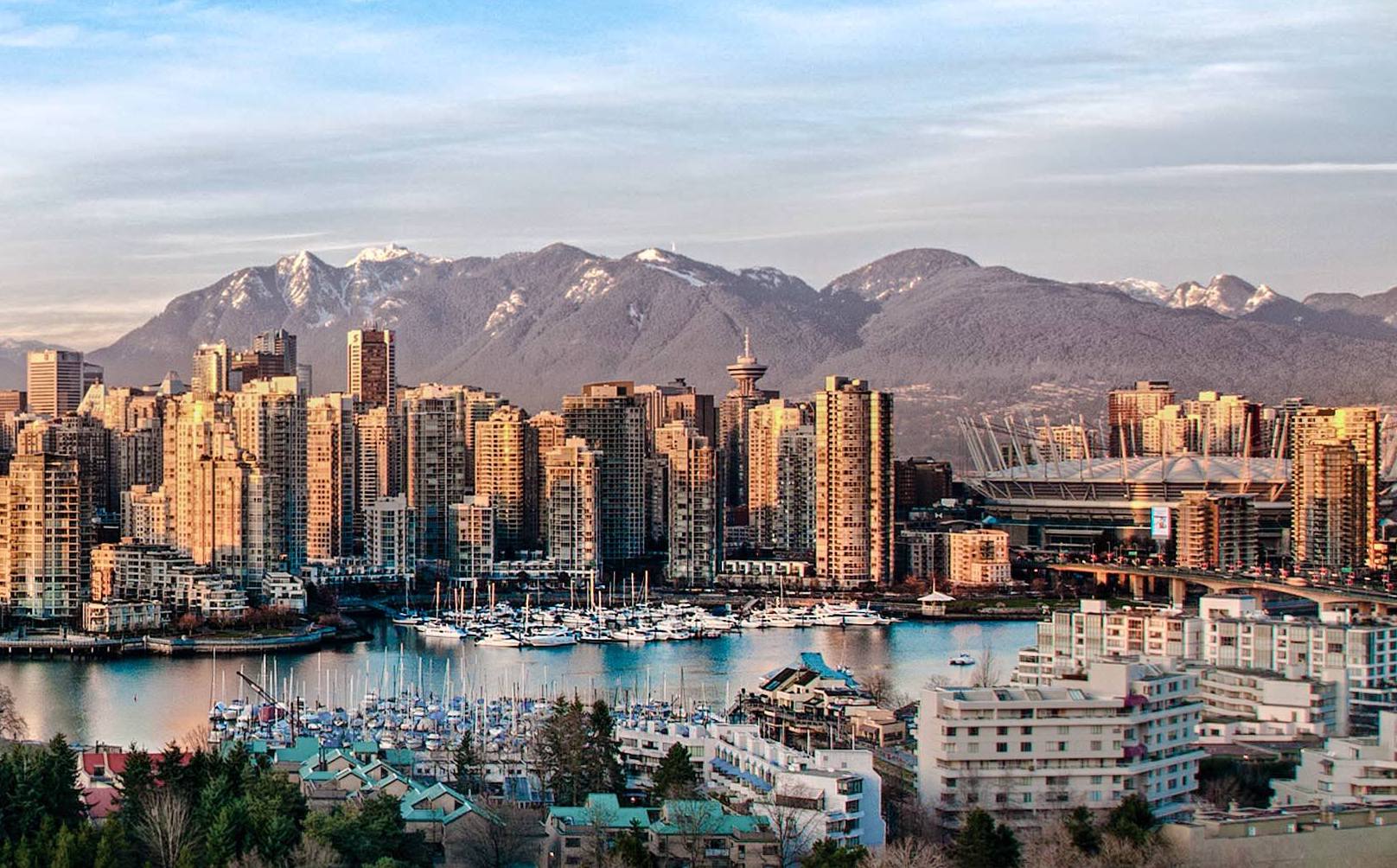Over the decades, I’ve run in nine Vancouver civic elections, winning five. But, as a long time voter, this latest election on October 20 was one to remember.
Into the wee hours of the morning we waited doggedly for the last polls to come in — hanging out at the legendary Polynesian bar room in the basement of the Waldorf Hotel on Vancouver’s Eastside, desperate to see who would be mayor. Hanging in the balance were the 10 city councillors who make up Vancouver city council who had already been declared elected — five for the right-orientated NPA and five representing the Greens, COPE and One City parties. All evening, the vote count had wobbled back and forth by a few hundred votes, between independent Kennedy Stewart, who represents progressives, and Ken Sim, from the NPA. Sim and his team had spent buckets of money during the campaign hoping to regain power in the city they once dominated.
Finally, there were whoops of jubilation as the last poll, No. 133/133, came in confirming Stewart’s narrow 900-vote lead — and the prospect of a new progressive city council became a little more real.
The voters of Vancouver sent a message they wanted change. Gone were the high hopes for VISION Vancouver, which had been in power for a decade.
This year, voters faced a more complex election process and campaign. Not only did they have to wade through a huge ballot of candidates where names were placed in random order making it difficult for people to select their choice, the campaign itself was sometimes confusing as as civic organizations ran partial slates and there were many independents.
But now that the election results are in, what can we expect?
It’s a very mixed bag, and the days of a dominant majority group have ended — at least for now.
The new progressive majority on city council — with Stewart as mayor and three Greens, one COPE and one One City representative — is held together by a fragile thread of generally held common positions from the separate platforms of each group. It is not exactly an iron-clad guarantee that things will work.
The new council has eight female councillors — an historic high for Vancouver. But it needs to be noted that the new council doesn’t reflect the multi-racial make-up of the city.
We have an exciting opportunity before us — and possibly a bold model for progressive politics. Things could go extraordinarily well if the players involved can get passed the old and negative baggage of division and past partisan bickering. Or, it could crash and burn as individual partisan agendas and egos take over.
Critical to success will be the ongoing leadership and involvement of the Vancouver and District Labour Council, which did a heap of brave work in difficult circumstances prior to the election, weaving together a list of supportable candidates to guide progressive voters. Their continued leadership is now very important to a successful outcome.
Of course, the role and leadership of the new mayor and council is critical, too. I have high hopes and confidence that Stewart has the skill and capacity to work across party lines, as he did in Parliament as an MP, to forge strong relationships to deliver the critical changes for Vancouver. He is focused, creative and interested in results, not playing games.
Green councillor Adriane Carr, with her long-standing experience with how city hall works, can be a positive role model for new councillors. Also, watch for One City newbie Christine Boyle, who has already demonstrated her democratic and lovely way of working with people in the community. And COPE’s Jean Swanson — my old time friend and comrade from the Downtown Eastside in the early 1970s — is a powerful force for change that is needed more than ever.
There will be many challenges ahead — not the least of which is unrelenting pressure from powerful development interests who have enjoyed enormous influence in Vancouver and are bound to a belief that they know what’s best for the city.
We are facing multiple crises — housing affordability, overdoses from a poisonous drug market, a city fractured by wealth and poverty where more and more people are pushed out by high prices and growing isolation.
We have high expectations that the new progressive members of council will get to work on these and many other issues. They won’t be prefect and they will make mistakes. Residents need to accept that and not set impossible standards that no one can reasonably meet. Their chances for success depends on their ability and good faith to work together and, most importantly, to develop trust with each other without judgment and punishment. I believe they can do that. And as their constituents, we can reinforce the principle that goodwill and cooperation are the order of the day.
Libby Davies is a former COPE city councillor and former member of Parliament.
Photo: Downtown Vancouver/Facebook




